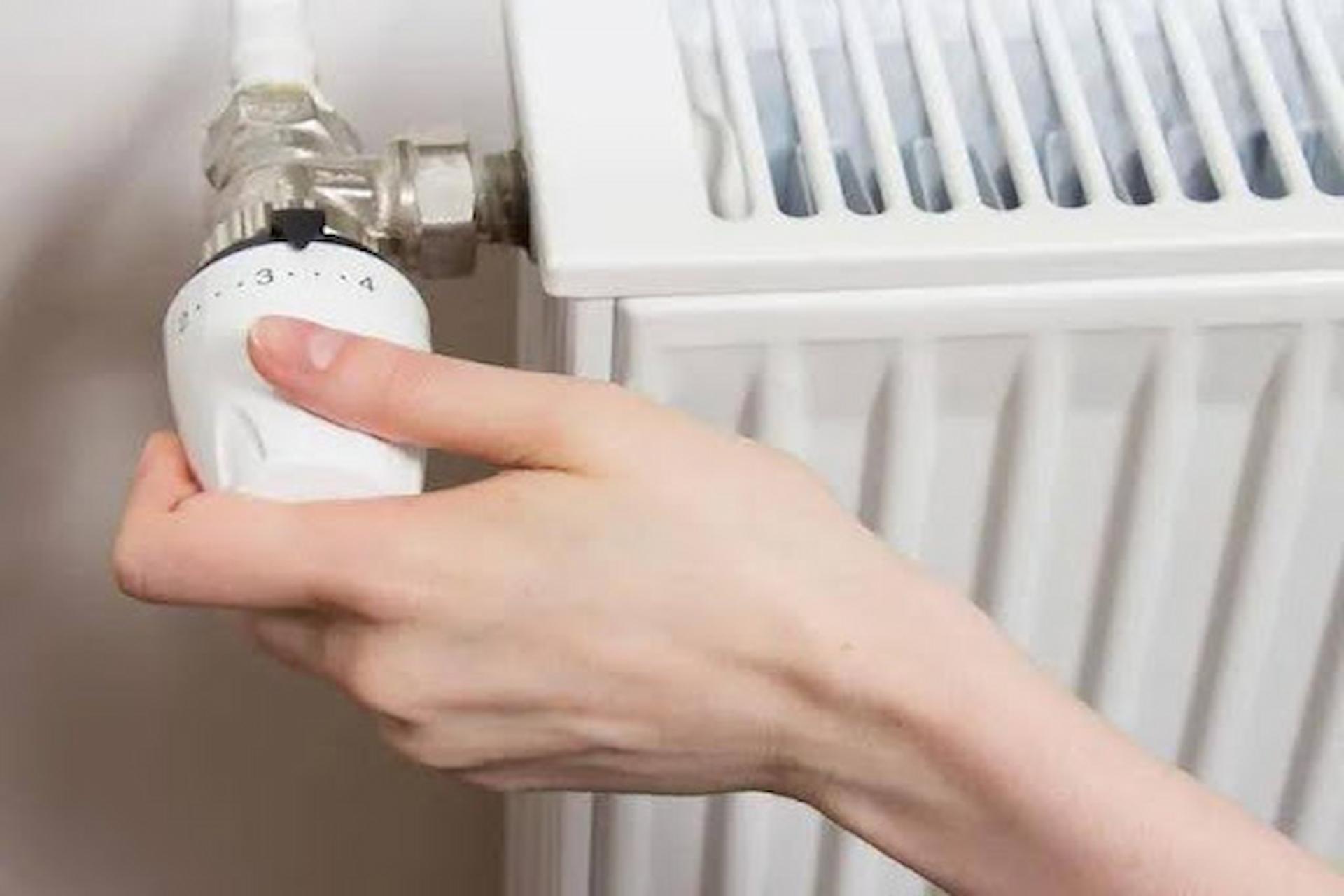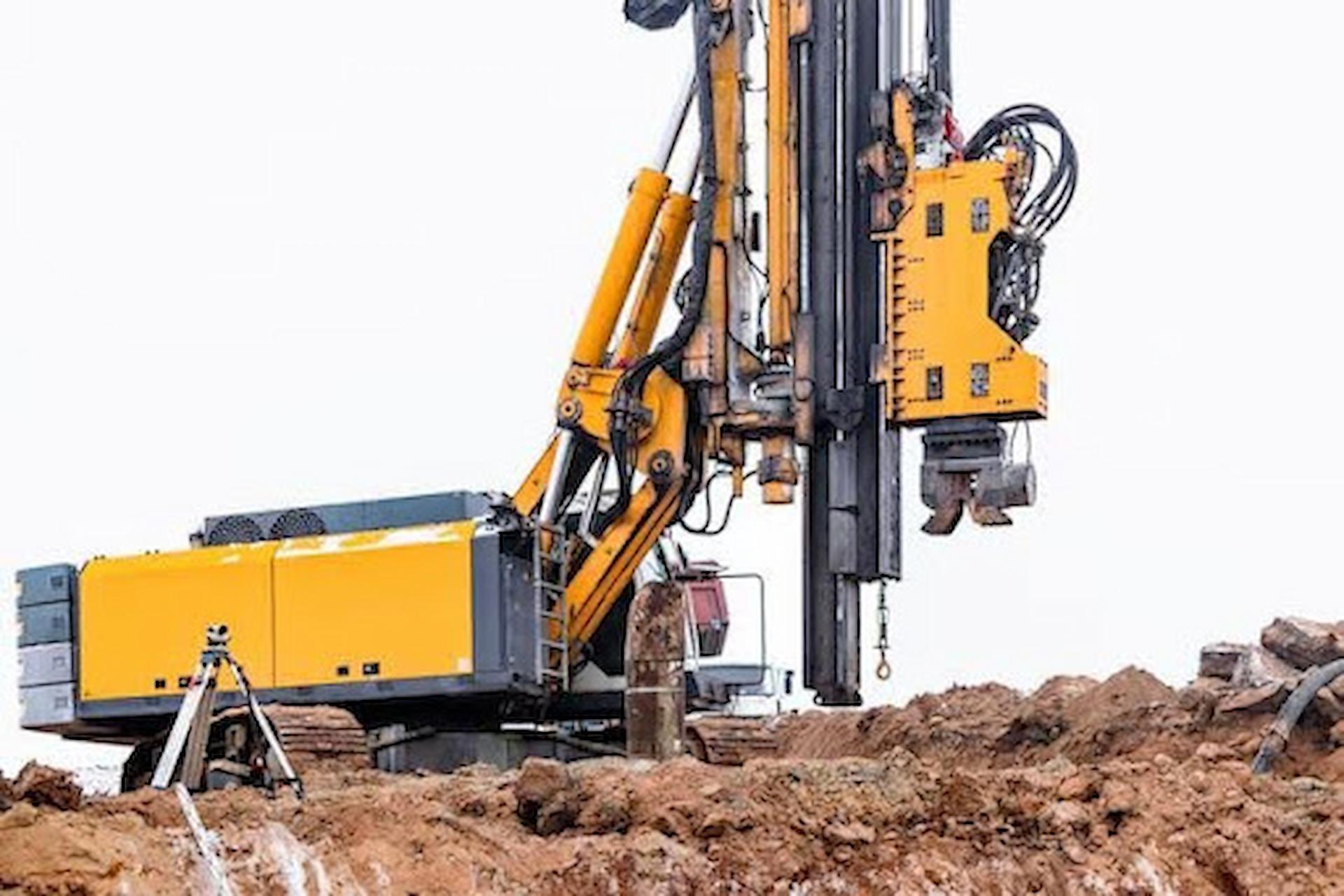Choosing the radiators for electric boilers is essential for achieving efficient home heating, reducing energy bills, and maintaining year-round comfort. With the proper selection, you can balance warmth, design, and cost-effectiveness. This guide explains how to pick the perfect radiators to complement your electric heating system.
As more homeowners look for eco-friendly and cost-effective heating solutions, electric boilers are becoming a popular alternative to traditional gas systems. However, to make the most of their potential, it’s crucial to pair them with the right radiators. The right combination not only maximises energy efficiency but also ensures consistent warmth and improved comfort throughout your home. Choosing the wrong radiators, on the other hand, can lead to poor heat distribution, higher bills, and unnecessary strain on your system.
Understanding Electric Boilers and How They Work
Before choosing radiators for electric boilers, it’s essential to understand how these systems function. Unlike gas boilers, electric boilers heat water using electricity rather than combustion. This water then circulates through radiators, distributing heat evenly across your home.
- Key Advantage: Electric boilers are highly efficient, often converting nearly 100% of the electricity they use into heat.
- Eco-Friendly: They are ideal for homes aiming to reduce carbon emissions, especially when paired with renewable energy sources like solar panels.
- Low Maintenance: With fewer moving parts and no flue system, electric boilers require minimal maintenance compared to gas systems.
What to Look for When Choosing Radiators
Selecting the right radiators for electric boilers involves more than just style and size. Several technical and practical factors play a role in determining performance and efficiency.
1. Heat Output and Room Size
The radiator’s heat output, measured in British Thermal Units (BTUs), must match the size and insulation level of your room.
- Too Low: A radiator with insufficient output will struggle to heat the space effectively.
- Too High: Oversized radiators can lead to wasted energy and uneven heating.
2. Material Matters
The radiator’s material directly impacts how quickly it heats up, how long it retains warmth, and how much energy it uses.
- Steel: Quick to heat and widely available, making it a versatile choice.
- Aluminium: Rapid heating and excellent heat transfer, ideal for rooms needing fast warmth.
- Cast Iron: Slower to heat but retains warmth for longer, perfect for steady, consistent heating.
Matching Style and Design with Performance
While performance is essential, aesthetics shouldn’t be overlooked. Today’s radiators come in a range of styles that blend functionality with design.
- Panel Radiators: Sleek and modern, suitable for contemporary homes.
- Column Radiators: Classic in appearance, ideal for period properties or traditional interiors.
- Vertical Radiators: Perfect for rooms with limited wall space, offering efficient heating without compromising floor area.
Energy Efficiency: Getting the Most from Your System
Efficiency is a key reason why homeowners switch to electric heating. However, to achieve optimal performance, the radiators you choose must complement your boiler’s output and heating cycle.
- Thermostatic Radiator Valves (TRVs): These allow you to control the temperature of individual rooms, reducing wasted energy.
- Zoned Heating: Pairing radiators with smart thermostats ensures only the rooms in use are heated.
- Proper Insulation: Upgrading insulation ensures the heat produced is retained, reducing the demand on your boiler and radiators.
Installation and Placement Tips
Even the best radiators for electric boilers will underperform if poorly installed or placed. Correct installation maximises efficiency and improves heat distribution.
- Avoid Obstructions: Keep radiators free from heavy furniture or curtains to allow proper airflow.
- Optimal Positioning: Placing radiators under windows helps counteract cold air entering the room.
- Professional Installation: Always use a certified heating engineer to ensure safe and efficient installation.
Cost Considerations and Long-Term Savings
While electric heating can sometimes be more expensive per unit of energy compared to gas, the overall running costs can be offset by choosing the right radiators and optimising system performance.
- Smart Controls: Investing in smart thermostats and programmable timers can significantly reduce energy use.
- Efficient Radiators: High-quality, well-sized radiators improve heat retention, lowering long-term energy costs.
- Renewable Integration: Combining your system with renewable energy sources can make heating virtually cost-free over time.
Final Thoughts: Comfort, Efficiency, and Style Combined
Choosing the right radiators for electric boilers is not just about heating your home — it’s about enhancing comfort, improving efficiency, and lowering energy bills. By carefully considering size, material, style, and placement, you can create a heating system that performs reliably and looks excellent. As electric heating continues to grow in popularity, investing in the right radiators ensures your home stays warm, sustainable, and future-ready.

